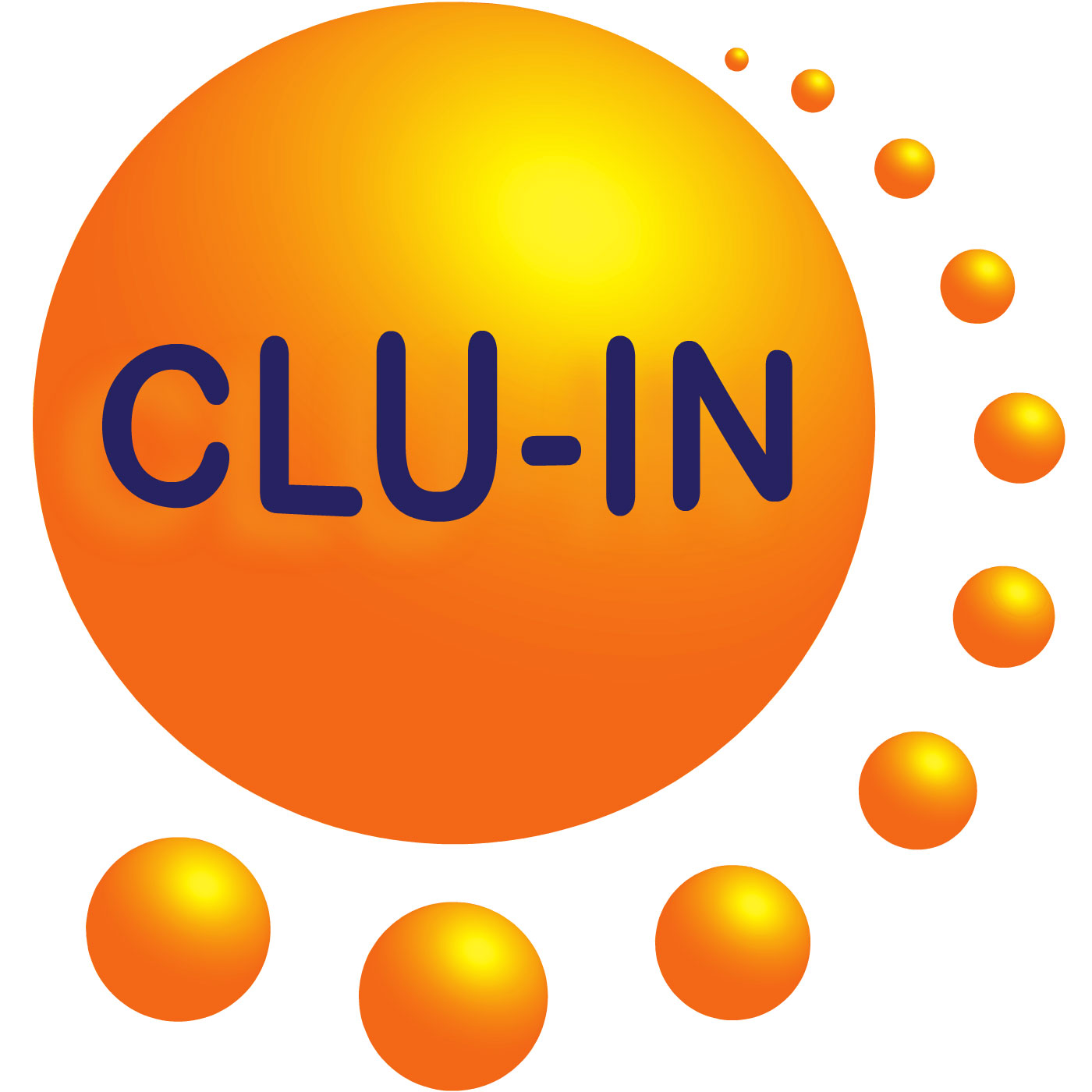Audio for "In Vitro Bioaccessibility Assay (IVBA) Sampling Guidance Update - Part 2 Applying RBA Data to Human Health Risk Assessment," Mar 1, 2024
Description
The Technical Review Workgroup (TRW) Bioavailability Committee recently published the "Guidance for Sample Collection for In Vitro Bioaccessibility Assay for Arsenic and Lead in Soil and Applications of Relative Bioavailability Data in Human Health Risk Assessment." This is an update to the 2015 Guidance for Sample Collection for In Vitro Bioaccessibility Assay for Lead (Pb) in Soil. The update is intended to help EPA risk assessors, remedial project managers, and on-scene coordinators develop and use bioavailability data at their sites. It incorporates sample planning and data analysis recommendations from EPA's Guidance on Systematic Planning Using the Data Quality Objectives Process that are pertinent to sampling for In Vitro Bioaccessibility (IVBA) and Relative Bioavailability (RBA). It also clarifies the application of IVBA and RBA data to human health risk assessment, the development of risk-based goals at CERCLA remedial and removal sites and includes arsenic (As) which was recently added to the In Vitro Bioaccessibility Assay.
The TRW has developed a series of trainings based on the updated guidance. This session will focus on a discussion of systemic planning, data quality objectives and approaches to apply relative bioavailability data to adjust risk based action levels or exposure point concentrations at soil arsenic and lead contaminated sites. This training will target a general audience of regional staff working in risk assessment, remediation, emergency response, technical support, and quality assurance. The training will be an approximately one hour long and will include time for general discussion. Members of the Bioavailability Committee and a Regional representative will be present to answer questions in real time. To view this archive online or download the slides associated with this seminar, please visit http://www.clu-in.org/conf/tio/IVBA-2_030124/
More Episodes
In response to one of the biggest emerging environmental concerns, ITRC formed the Microplastics Team in 2021 to develop the Microplastics Guidance Document. Plastics have become pervasive in modern life and are now used in a wide range of commercial and industrial applications. Microplastics...
Published 11/07/24
The NIEHS Superfund Research Program (SRP) is hosting a Risk e-Learning webinar series focused on using artificial intelligence (AI) and machine learning to advance environmental health research. The series will feature SRP-funded researchers, collaborators, and other subject-matter experts who...
Published 11/04/24


